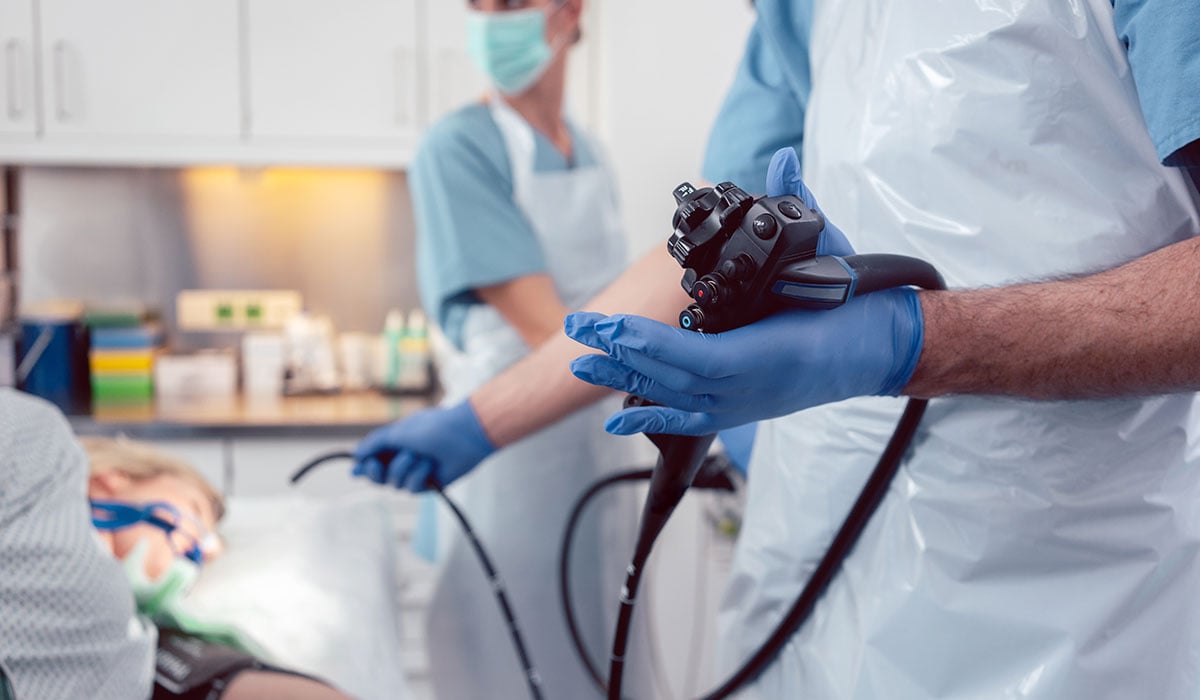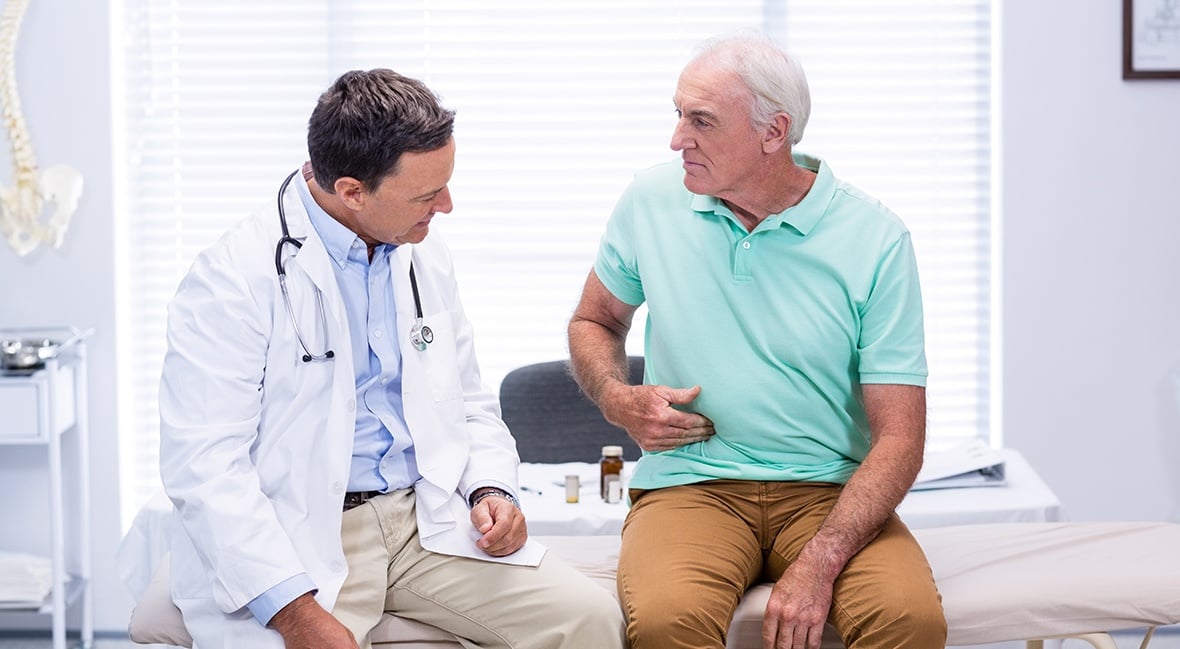Colonoscopy is the key to colon cancer prevention.
Colorectal cancer is the second-most deadly of all cancers, killing more Americans (over 60,000) each year than breast or prostate cancers. Yet colorectal cancer is among the most preventable and curable of all cancers, if it is found and treated early enough.
We recommend that adults have a colonoscopy at age 45, and another every 5-10 years thereafter based on the findings from the first colonoscopy, family history and other factors.
Sadly, too many patients put off colon cancer screening because they are afraid of the discomfort or what might be found. They don’t understand that, thanks to today’s anesthesia, there is virtually no discomfort.
Most polyps we find and remove are benign or precancerous. Early removal of these polyps can prevent cancer.
Colonoscopy is often referred to as the “gold standard” by digestive specialists because it allows us to diagnose and prevent colon cancer with one procedure. Even if you are under 45 years of age and experiencing any of the following symptoms, our doctors may recommend a colonoscopy, especially if more conservative, nonoperative treatments have failed.
- A change in bowel habits
- Either diarrhea or constipation
- Blood in the stool (bright red, black or very dark)
- Narrowed stools (about the thickness of a pencil)
- Bloating, fullness or abdominal cramps
- A feeling that the bowel does not empty completely
- Frequent gas pains
- Weight loss without dieting
- Continuing fatigue
- Unexplained anemia
- African Americans at age 45
- Adults screening colonoscopy











